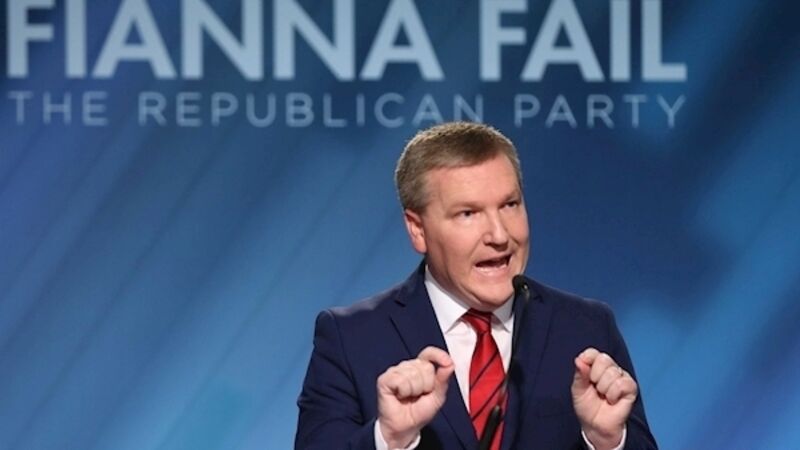McGrath: coalition deal must satisfy demand for change

Fianna Fáil must secure a “radical” programme for government in any deal with Fine Gael that not only fights the coronavirus but offers new ways of tackling housing and health, a senior party figure says.
Finance spokesman Michael McGrath’’s remarks come as the two parties meet to negotiate health in their coalition talks and ahead of ordinary party members debating the move next week.













